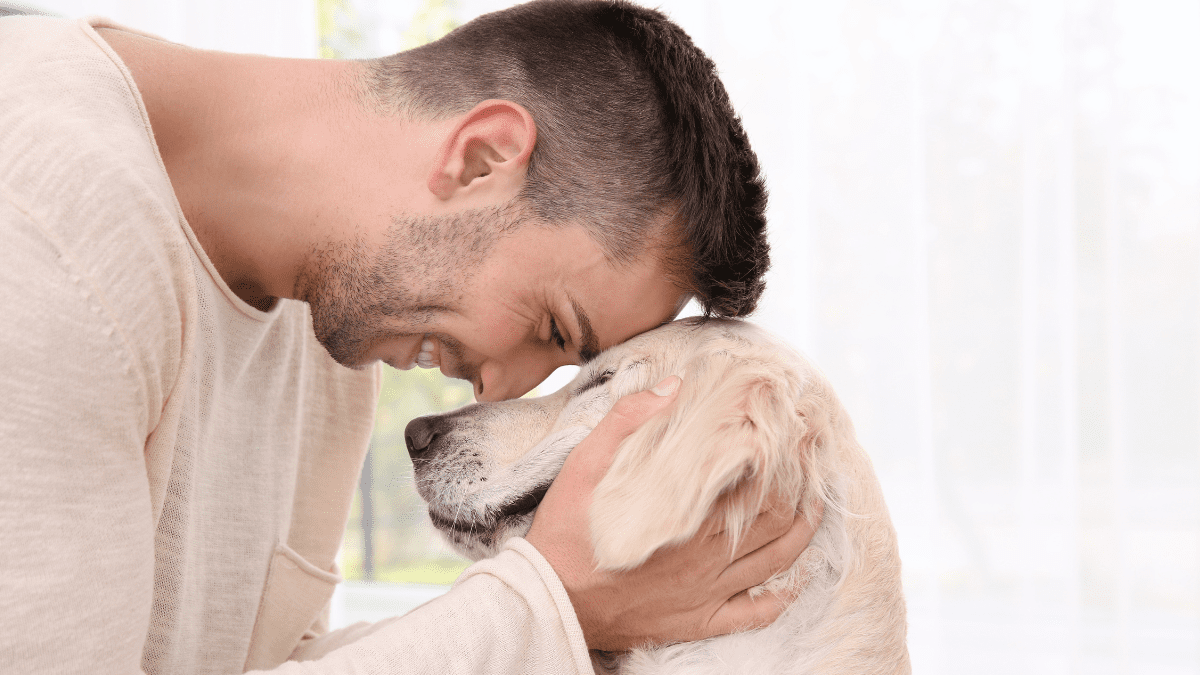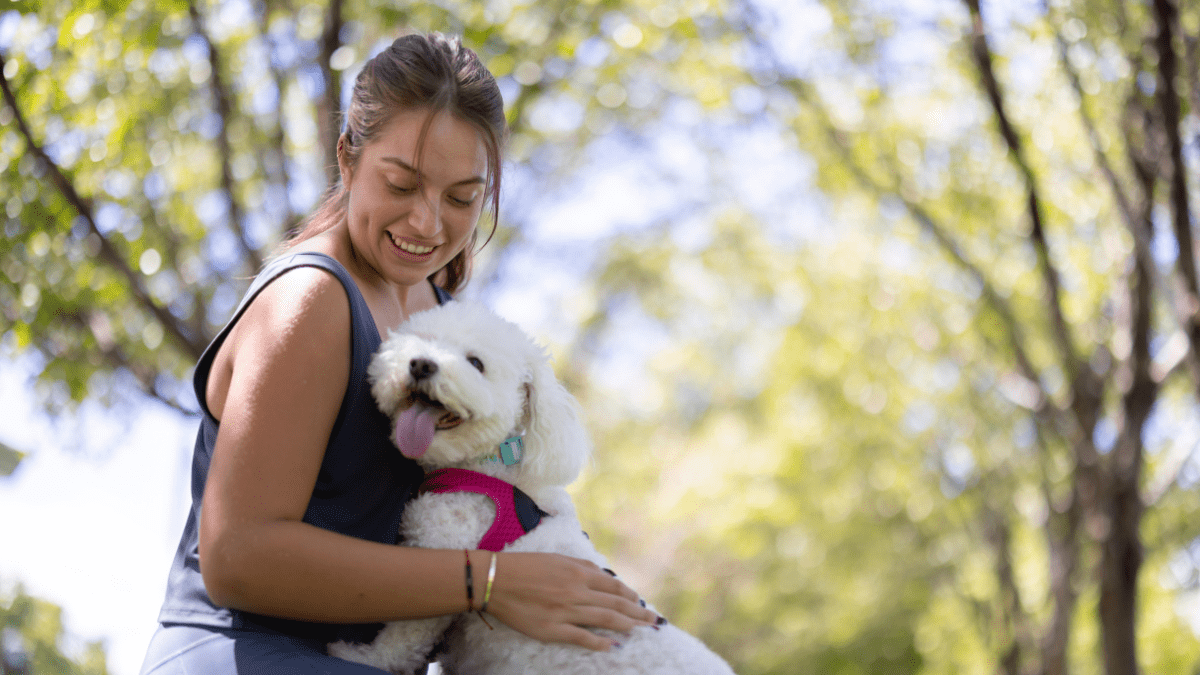And it all happens while spending quality time with our pups.
Pet owners have always wondered if their pups’ hearts beat for them. According to science, the answer is yes! A recent study found that you and your dog’s heart activity can sync up while spending time together. It may sound cheesy…but your hearts could literally beat as one. The study looked into the heart rate variability (HRV), or the variation in the timing of heartbeats, which turned out to match up when dogs and humans spend time together.
The researchers who conducted the study were from the University of Jyväskylä, and they observed at total of 30 medium-sized dogs from various breeds. Meanwhile, the dogs’ parents were assessed based on their level of extroversion and tendency to feel negative emotions (otherwise known as negative affectivity). And the results were pretty amazing, almost heartwarming. It’s somehow aligned with the fact that HRV levels synchronize between emotionally connected humans like mothers and infants, leading the researchers to believe that dog and human HRV also sync up because of emotional bond.
Findings from the Experiment
During the experiment, the researchers connected the humans and dogs to an ECG to measure their HRV levels. The experiment started off with a resting period, and ended the same way. In between the resting periods, humans and dogs were given different tasks to complete: training, sniffing, stroking, and playing. The researchers found that while completing the tasks of stroking and playing, the dogs and humans’ HRV matched. They also synced up during the times of free interactions and resting periods. This led the researchers to the conclusion that synchronized human and dog HRV isn’t task-dependent.
Additionally, dog parents with higher levels of negative affectivity were likely to have close emotional ties with their pups. And this affected how the dogs behaved physiologically, according to the study. It was found that these dog parents have high HRV levels and so were their dogs. The study’s lead author, Aija Koskela, shared that factors related to the owner likely have more effect on the relationship than the characteristics of the dog.
All findings from the experiment were only true for dogs and their owners, and not dogs and random strangers. The researchers further concluded that physiological and emotional aspects that strengthen bonds between humans also support the relationship between humans and dogs. There’s a relationship component at play when dog and human heartbeats match.
RELATED: Research Says Your Female Dog Judges You More Than A Male Dog
Is Your Dog Your Mirror?
This is what the study about human and dog HRV is kind of suggesting. HRV levels can be affected by different kinds of emotions, and according to studies, stress could cause a person’s heart rate to increase and HRV to decrease. If that’s the case, could our dogs also feel stressed when we’re being neurotic or anxious? Researchers from Sweden concluded that dogs could be quite sensitive to human stress. Based on their study, the levels of stress-related hormone cortisol in dogs seemed to mirror their owners’ personalities.
Now, let’s talk about a real-life situation, specifically the one when you get angry at your dog. Do you notice how your pup picks up on your emotion and reflect it back? Usually, owners who yell and scold can increase a dog’s tension and their tendency to show aggressive behavior. On the other hand, dogs can also be infected with our joy and warmth. If you’re feeling happy, it’s likely that your dog would be more excitable, bringing you toys and nudging you to play. In that sense, dogs can be indeed our mirrors.
RELATED: Meet the Former Stray Dog Now Crowned ‘Happiest Pet on Earth’
From The Club
It kind of makes sense that dogs and pet parents would have a matching HRV, similar to strongly bonded humans. Because, essentially, dogs are family. And while it’s comforting to know that dogs and humans can have shared emotional states, the thought of stressing them out is difficult to bear. But maybe, just maybe, we’re meant to share everything with these furry companions, even the not-so-good emotions, just like how we do it with family.



